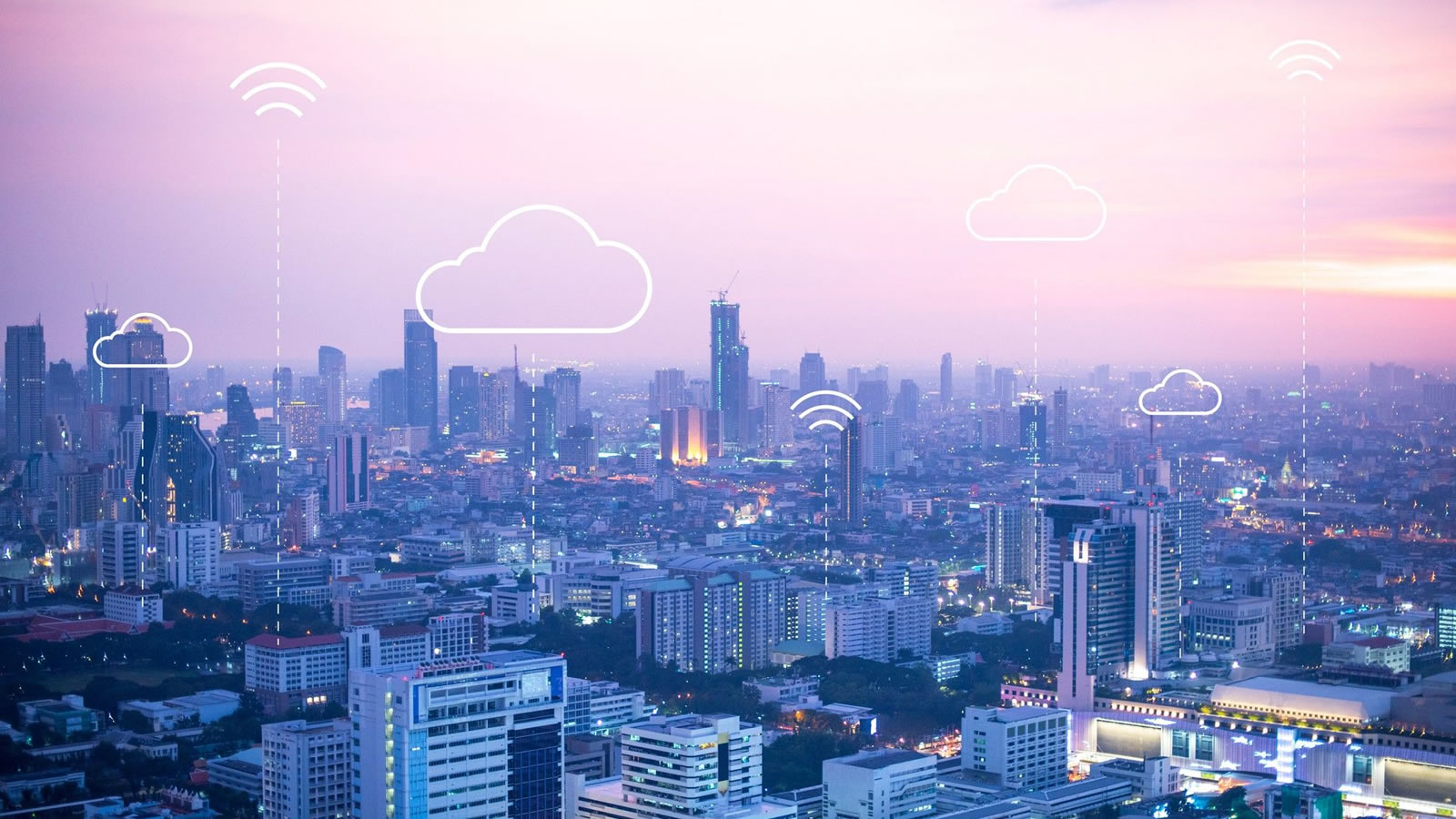In the rapidly evolving digital landscape, the Internet of Things (IoT) has emerged as a transformative force, reshaping industries and revolutionizing business operations. By connecting everyday devices and objects to the internet, IoT has unleashed a wealth of opportunities for enhanced efficiency, productivity, and innovation. In this article, we will explore how IoT is transforming industries through real-world applications, highlighting the tangible benefits and providing compelling reasons for organizations to embrace this technological revolution.
- Smart Manufacturing: Revolutionizing Production Processes
IoT is revolutionizing manufacturing by enabling the concept of "smart factories" or Industry 4.0. Through IoT devices, sensors, and connected machinery, manufacturers can monitor and optimize production processes in real-time, leading to improved efficiency, reduced downtime, and enhanced quality control. For instance, IoT-enabled sensors can collect data on equipment performance, allowing predictive maintenance to prevent breakdowns and minimize costly disruptions. Moreover, real-time data analytics enable manufacturers to streamline supply chain management, inventory control, and demand forecasting, resulting in better resource allocation and reduced waste.
- Healthcare: Enhancing Patient Care and Remote Monitoring
IoT is reshaping the healthcare industry, driving advancements in patient care, remote monitoring, and personalized medicine. Wearable devices equipped with sensors can collect real-time health data, such as heart rate, blood pressure, and glucose levels, allowing healthcare professionals to monitor patients remotely and provide proactive interventions. IoT-enabled medical devices, such as smart implants and connected medical equipment, enable precise diagnostics, remote surgeries, and real-time data sharing for collaborative decision-making. This leads to improved patient outcomes, reduced hospital readmissions, and enhanced healthcare accessibility, particularly for individuals in remote areas.
- Transportation and Logistics: Optimizing Operations and Safety
IoT is transforming transportation and logistics by enhancing operational efficiency, optimizing supply chain management, and improving safety. Connected vehicles equipped with IoT sensors can collect data on fuel consumption, engine performance, and driver behavior, enabling fleet managers to optimize routes, improve fuel efficiency, and enhance vehicle maintenance. Additionally, IoT-based asset tracking systems provide real-time visibility into the movement of goods, ensuring efficient inventory management, reducing theft, and streamlining logistics operations. Moreover, IoT-powered smart traffic management systems help alleviate congestion, improve traffic flow, and enhance road safety through real-time monitoring and adaptive signaling.
- Energy Management: Enabling Sustainability and Efficiency
IoT is playing a pivotal role in transforming energy management, facilitating sustainable practices and energy efficiency. Smart grids equipped with IoT sensors and meters enable real-time monitoring of energy consumption, demand fluctuations, and renewable energy generation. This data-driven approach empowers utilities to optimize energy distribution, detect anomalies, and balance load requirements effectively. Moreover, IoT devices integrated into buildings enable smart energy management systems, allowing residents and facility managers to monitor and control energy usage, optimize HVAC systems, and reduce wasteful consumption. By leveraging IoT, organizations can achieve significant energy savings, reduce carbon emissions, and contribute to a greener future.
- Agriculture: Revolutionizing Farming Practices
IoT is revolutionizing agriculture by introducing precision farming techniques, optimizing resource management, and increasing crop yields. IoT devices, such as soil moisture sensors, weather stations, and aerial drones, provide real-time data on soil conditions, weather patterns, and crop health. This data-driven approach enables farmers to make informed decisions regarding irrigation, fertilization, and pest control, leading to resource-efficient practices and improved crop quality. IoT-powered livestock monitoring systems allow farmers to remotely track animal health, behavior, and location, enabling proactive intervention and optimized livestock management. By embracing IoT in agriculture, farmers can enhance productivity, reduce environmental impact, and ensure sustainable food production.
Conclusion:
The Internet of Things is transforming industries across the globe, offering tangible benefits and unprecedented opportunities for innovation and efficiency. From smart manufacturing and healthcare to transportation and logistics, energy management, and agriculture, IoT is revolutionizing traditional practices, enabling real-time data-driven decision-making, and enhancing the overall quality of products and services. By embracing IoT, organizations can unlock significant advantages, including improved operational efficiency, enhanced customer experiences, and sustainable practices. As industries continue to evolve, harnessing the power of IoT becomes imperative for organizations seeking to stay competitive and thrive in the digital era. Embrace the transformative potential of IoT and position your organization at the forefront of innovation.

